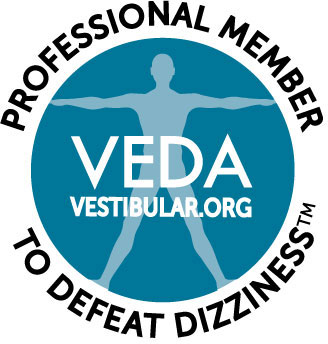Watching a loved one recover from a traumatic brain injury can be stressful, scary and even occasionally frustrating for family members. Although your loved one may physically look completely “normal,” after-effects from their concussion can linger for weeks, months, or even years. If you have a family member or friend who is suffering from post-concussive syndrome, here are five things you can do to support the person.
1. Understand That They May Be Forgetful for Awhile
The brain is a strange and mysterious organ. When recovering from a traumatic brain injury, a person may be able to recount memories from several years ago in minute detail, but might have totally forgotten that you stopped by for a visit mere hours ago. It’s nothing personal; short-term memory loss is common in patients recovering from a concussion, and not generally a cause for alarm. Over time, the memory lapses should occur less and less frequently.
2. Be Patient
It’s natural to want your loved one to return to normal as quickly as possible, but understand that even though they may look fine on the outside, they are still struggling internally. Activities that they might have enjoyed before their injury may be too taxing during their recovery. In addition, their personality may seem different for a while—they may seem depressed or more irritable than before. Just be patient and understand that the recovery process is not something that can be rushed.
3. Encourage Avoidance of Intellectually Taxing Activities
When you break your arm, your doctor puts you in a cast and tells you to avoid using your arm until the break has healed. Just like a broken arm, your brain also needs to rest after sustaining an injury. This is why patients recovering from a traumatic brain injury should not go back to work too soon or engage in activities that require too much mental exertion. If your loved one is itching to get back to work right away, gently encourage them to follow their doctor’s advice to take it easy.
4. Do Your Own Research
Your loved one’s medical team is the ultimate authority on medical care, but it’s also helpful for you to do your own reading on post-concussive syndrome and traumatic brain injuries. This will give you an idea of what to expect as your loved one recovers from their injury. It can also help you understand what symptoms are normal and which might be worth talking to the doctor about.
5. Take Care of Yourself
Last but not least, don’t forget to take care of yourself! Consider joining a support group—just spending time with other people who are in the same situation as you and can really relate to what you’re going through can be incredibly helpful. Also, don’t feel guilty if you need to take a day or two for yourself here and there, especially if you are the primary caregiver. In order to support your loved one the best that you can, you need to first support yourself.
How We Can Help
Neuro Visual Center of New York specializes in treating patients with vertical heterophoria, a binocular vision condition that can develop as a result of a traumatic brain injury. To learn more about how our treatments have literally changed the lives of people with post-concussive syndrome or to schedule an appointment, call us today at (516) 224-4888.






My girl friend has a post concussion syndrome, I didn’t think it was as bad because she seemed normal. I need help.
She should see a doctor who treats visual problems due to PCS. There is help out there.
All the best.